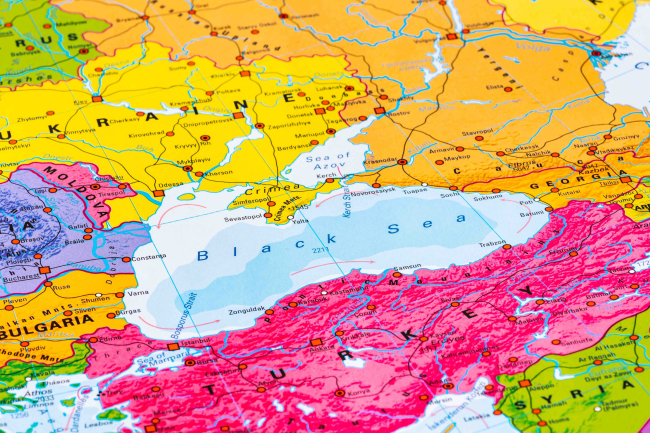Is the UN Security Council still relevant? France and Japan's views on the future of multilateralism

Practical information
The war in Ukraine exemplified the limitations of the UN Security Council (UNSC), as this key institution was not able to efficiently act for the maintenance of international peace and security.

In another case, the UNSC has been unable to stop DPRK’s nuclear and ballistic program, a destabilizing factor in Asia. Time might have come to debate the relevance, operational capacity, and legitimacy of the UNSC. Japan, which has been elected in June 2022 as non-permanent member of the UNSC for the 12th time has been advocating for a reform of the instance. France is supporting this initiative.
Japanese and French experts and practitionners will debate on the future of multilateralism, and especially of the UN Security Council.
The webinar will be held on Zoom, in English.
PROGRAM
Following a brief set of remarks by each speaker, the discussion will interactive and led by the Chair. Q/A from the audience will be included in the discussion.
Chair and discussion leader: Céline PAJON, Head of Japan Research, French Institute of International Relations (Ifri)
- Yukio TAKASU, Japanese diplomat, former United Nations Under-Secretary-General (UNSG) for Management and Special Adviser on Human Security to the UNSG
- Manuel LAFONT-RAPNOUIL, Director Policy Planning, French Ministry of Foreign Affairs
- Akiko FUKUSHIMA, Senior Fellow, The Tokyo Foundation for Policy Research
- Guibourg DELAMOTTE, Senior Lecturer, French Institute of Oriental Studies (Inalco); Research Fellow at the French Research Institute on East Asia (IFRAE, CNRS)
Related Subjects
Other events

European Security: Perspectives From Latvia. Debate with the Minister of Defense of the Republic of Latvia, Andris Sprūds
How should European security be approached in the face of the challenges posed by the war in Ukraine?

Foreign intelligence services amidst the war in Ukraine: adapting to a new strategic reality
European foreign intelligence services have had to continuously adapt to the rapidly evolving security landscape of the past few years. Following challenges such as the COVID-19 pandemic, financial crises, and hybrid threats, the Russian war of aggression against Ukraine has placed conventional military conflict at the centre of European security concerns.

Affirming European Security in Ukraine and the Black Sea Region
European security has been challenged in 2022 with the full-fledged invasion of Ukraine by the Russian Federation.








